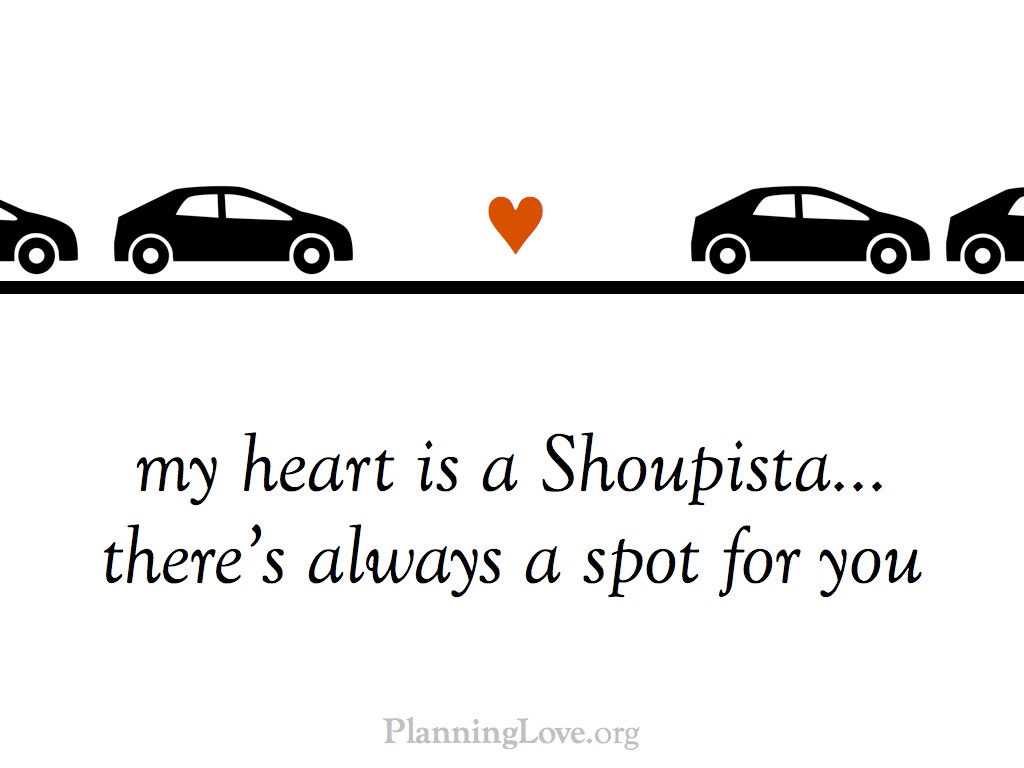Parking should cost more
Parking covers more acres of urban American than any other one thing and most of it doesn't even pay for itself.
Parking is expensive, outrageously expensive, and we all pay for it in more ways than one.
The cheapest urban parking space in America, a piece of asphalt on relatively worthless land, costs about $4000 to create while an expensive spot in an underground garage may cost up to $40,000. There are records, in Japan, of a space costing $414,000 to build.
It is estimated that the cost of all parking spaces in the US exceeds the value of all cars and may even exceed the value of roads.
The estimated cost of maintaining a parking spot is about $4 a day and in some studies parking spots were only covering 26% - 36% of their costs.
Parking doesn’t pay for itself and the subsidization to pay for parking the US ranges from $127 billion to $374 billion, funded by your tax money.
Everyone pays for parking, all the time. When you go to a store, eat at a restaurant, or go to a movie you are paying for ‘free’ parking with increased costs at said business. Essentially, each time you get a meal your meal is maybe $1 more to pay for parking, whether you drove or not.
Parking uses up valuable land, worsens air and water quality, speeds climate change, increases energy consumption, raises the cost of housing, decreases public revenue, undermines public transportation, increases traffic congestion, escalates urban sprawl, and generally makes it less enjoyable to be in urban environments.
In 2010, there was estimated to be 500,000,000 available spots across the US at any given time.
Buildings in cities can no longer be repurposed in cities when that repurpose requires them to use up more space for parking. Old buildings stay vacant with no one able to renovate them into possible successful businesses.
Developers in San Francisco estimate that the city’s one space per unit requirements increase housing costs by 20%.
Studies have been done that estimate a third of all downtown traffic is people looking for parking.
In summary, parking is an expensive ammenity that sprawls across urban environments, lowers quality of life, is heavily subsidized, increases housing costs, and decreases public revenue and cities force this burden upon all of us.
This post is heavily influenced by Donald Shoup and Walkable City by Jeff Speck and it is just a glimpse into the effects of parking minimums, car dependency, and free parking. If you want to learn more then be sure to read their books or more about their research. Here is a glimpse into what is being done to change this:
Parking spaces can be shared across businesses, especially across businesses that have different operating hours.
In some places, employees that are given free parking may trade that free parking for cash to remove the burden of parking from the business.
Parking minimums should be removed.
On-street parking should be priced at a level where parking hits an 85% occupancy (one space per block face). Customers come with money, they spend quickly, and they stay for less time.




